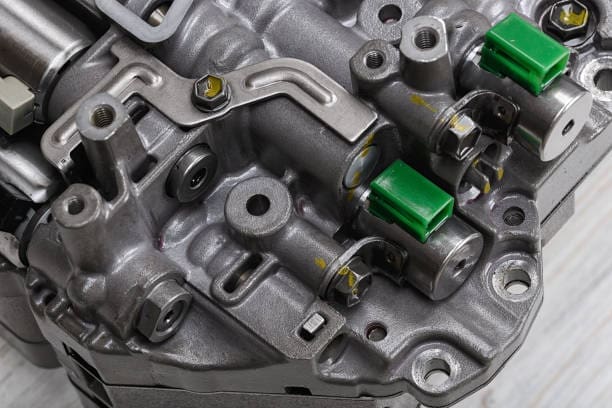Can a Remap Help Save Fuel, where fuel efficiency and environmental consciousness are paramount concerns, drivers are constantly seeking ways to maximize the mileage of their vehicles. One such method gaining popularity is engine remapping, also known as ECU tuning or chipping. This process involves modifying the software that controls your vehicle’s engine to optimize performance. While remapping is often associated with boosting power and torque, can it also contribute to saving fuel? Let’s delve into the intricacies of engine remapping and explore its potential impact on fuel efficiency.
Understanding Engine Remapping
Table of Contents
Toggle
Engine remapping involves making adjustments to the electronic control unit (ECU) of a vehicle. The ECU is essentially the brain of the engine, responsible for managing various parameters such as fuel-air mixture, ignition timing, and turbocharger boost pressure. By modifying these parameters through remapping, tuners can potentially enhance the engine’s efficiency and performance.
The Science Behind Fuel Efficiency
Fuel efficiency is influenced by several factors, including engine design, driving habits, vehicle weight, aerodynamics, and most importantly, how efficiently the engine burns fuel. Modern engines are designed with a balance between power output and fuel consumption, but factory settings often leave room for improvement. Engine remapping seeks to optimize this balance by fine-tuning the ECU to achieve better combustion efficiency under various driving conditions.
Optimizing Combustion Efficiency
One of the primary goals of engine remapping is to improve combustion efficiency. This involves adjusting the air-fuel ratio to ensure that the engine burns the optimal amount of fuel for a given amount of air. Factory settings are generally conservative to account for variations in fuel quality and environmental conditions. Remapping can adjust these settings more precisely, potentially reducing fuel wastage and improving mileage.
Adjusting Ignition Timing
Another critical aspect of engine remapping is adjusting ignition timing. The timing of when the spark plug ignites the air-fuel mixture affects engine performance and efficiency. Factory settings are often set to accommodate a wide range of conditions, but they may not be the most efficient for every situation. Remapping can fine-tune ignition timing for better efficiency, especially under typical driving conditions.
Enhancing Turbocharger Efficiency

For turbocharged engines, remapping can optimize the boost pressure and turbocharger response. By adjusting these parameters, tuners can improve the engine’s efficiency at different RPM ranges. Efficient turbocharger management ensures that the engine receives the right amount of air under various loads, which can lead to better fuel economy when done correctly.
Addressing Transmission Mapping

In vehicles with automatic transmissions, engine remapping can also include adjustments to the transmission’s shift points and torque converter lock-up. Optimizing these parameters ensures that the engine operates at its most efficient RPM range during acceleration and cruising, thereby potentially saving fuel.
Real-World Benefits and Considerations
While engine remapping holds promise for improving fuel efficiency, the real-world benefits can vary depending on several factors:
- Vehicle Type and Condition: The effectiveness of remapping can differ between vehicles, with newer models often benefiting more from subtle adjustments compared to older vehicles with more mechanical wear.
- Driving Habits: Fuel savings also heavily depend on how the vehicle is driven. Aggressive driving styles can negate some of the benefits of remapping, as they increase fuel consumption regardless of tuning.
- Fuel Quality: In regions with inconsistent fuel quality, remapping can compensate for variations by adjusting engine parameters dynamically, potentially maintaining performance and efficiency.
- Environmental Impact: Improved fuel efficiency not only saves money but also reduces carbon emissions and overall environmental impact, aligning with global efforts to mitigate climate change.
Conclusion
In conclusion, while engine remapping primarily aims to enhance performance, it can indeed help save fuel when performed by experienced professionals with a focus on efficiency. By optimizing engine parameters such as fuel-air mixture, ignition timing, and turbocharger response, remapping can improve combustion efficiency and reduce fuel wastage. However, it’s essential to consider the vehicle’s condition, driving habits, and the expertise of the tuner to maximize the benefits of remapping. As automotive technology evolves, so too does the potential for engine remapping to play a significant role in achieving both performance and fuel efficiency goals.
Ultimately, whether a remap helps save fuel depends on the specifics of the vehicle and the expertise of the tuner, but the potential benefits for both drivers and the environment are certainly worth considering in the pursuit of more efficient and sustainable transportation solutions.



